Addiction to drugs and alcohol is a severe issue that afflicts millions of individuals and their families. Substance abuse can spiral out of control, leading to detrimental effects on health, relationships, and overall well-being. While the addicted individual may not recognize or admit the severity of their problem, it often becomes painfully evident to those around them. This is where interventions play a crucial role. Interventions serve as a structured opportunity for family and friends to confront the individual about their addiction and encourage them to seek professional help.
What is an Intervention?
An intervention is a carefully planned process involving family, friends, and sometimes colleagues of an individual struggling with addiction. The goal is to get the person to understand the extent of their problem and to accept help. Interventions are typically guided by a professional interventionist and have several key elements:
- Preparation: Identifying the right time and participants for the intervention.
- Information Sharing: Discussing how the individual’s addiction has affected loved ones.
- Confrontation with Compassion: Addressing the addiction without judgment or anger.
- Presenting Treatment Options: Offering immediate steps to get help, usually involving an arranged treatment plan.
How to Plan an Intervention
Planning an intervention requires thorough preparation and should not be rushed. Here’s a step-by-step guide to help you orchestrate an effective intervention:
1. Research and Education
Before staging an intervention, educate yourself about addiction and treatment options. Understanding the complexities of addiction will help you communicate more effectively and compassionately during the intervention. Resources such as books, online articles, and speaking with healthcare professionals can be invaluable at this stage.
2. Form an Intervention Team
Select a group of people who are close to the individual and have been directly impacted by their behavior. This group typically includes family members, close friends, and sometimes colleagues. Ensure that everyone on the team is committed and willing to participate in a constructive manner.
3. Consult a Professional Interventionist
A professional interventionist can provide guidance and ensure the process is carried out effectively and safely. They bring expertise in managing strong emotions and can help navigate any unexpected reactions. Their involvement often increases the chances of a successful outcome.
4. Create a Detailed Plan
Work with the interventionist to outline the specifics:
- Date and Location: Choose a neutral, private location where everyone can speak freely without interruptions.
- Participants and Roles: Assign specific roles to each participant and decide on the order in which they will speak.
- Treatment Options: Have a concrete plan ready, such as an admission to a treatment center, to offer the individual immediately following the intervention.
5. Prepare Statements
Each participant should prepare a personal statement expressing their feelings and concerns, focusing on specific instances where the individual’s addiction caused harm or distress. The tone should be compassionate and non-confrontational. Avoid blaming language and instead use “I” statements to convey personal feelings and experiences.
What to Expect During an Intervention
Interventions can be emotionally charged and unpredictable, so it’s crucial to remain calm and focused. Here are some scenarios you might encounter:
1. Emotional Reactions
Expect a range of emotions from the person you’re intervening with—anger, denial, defensiveness, and even guilt. The individual may initially refuse to acknowledge the problem or reject the idea of treatment. Your role is to provide a safe and supportive environment for them to process these emotions.
2. Unified Front
The intervention team must present a united stand, emphasizing that the concern is shared among all members. Consistency in messages and showing that everyone is collectively interested in the individual’s well-being is key to persuading them to accept help.
3. Consequences
Clearly outline the consequences if the individual refuses treatment. These may include withdrawing financial support, limiting contact, or other measures. These should not be threats but rather boundaries to encourage the person to seek help.
4. Immediate Action
If the individual agrees to treatment, be prepared to act immediately. Have a bag packed and arrangements made for transport to the treatment facility. Delays can result in a change of heart, undermining the success of the intervention.
5. Support and Follow-Up
Interventions are the first step in a long journey. Continue to offer love and support throughout the treatment process. Stay involved and encourage the individual as they navigate their path to recovery.
Begin Healing Together
Interventions can be a powerful catalyst for change, guiding loved ones towards the treatment and support they desperately need. If you have someone in your life struggling with addiction, don’t wait until it’s too late. Contact Liberty House Recovery Center to learn more about our comprehensive intervention services. Our team of experienced professionals can guide you every step of the way, ensuring a compassionate and effective approach to help your loved one take the first step towards recovery.
Your actions today can provide the hope and help needed to overcome addiction. Reach out to Liberty House Recovery Center to find out how we can support you and your loved ones during this crucial time.


